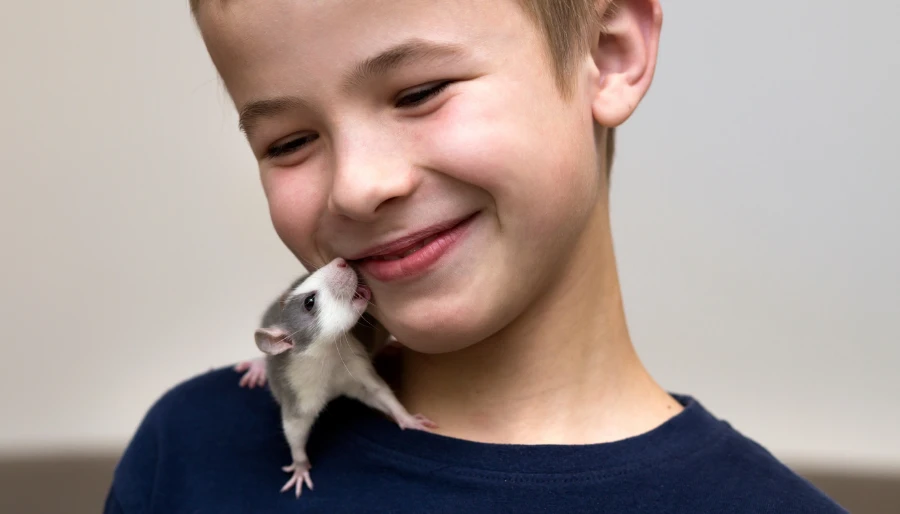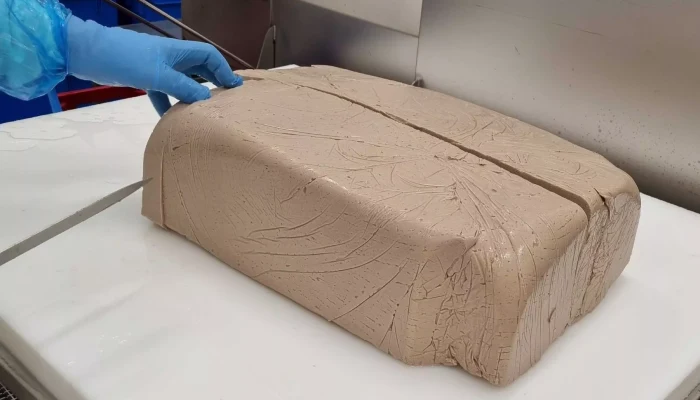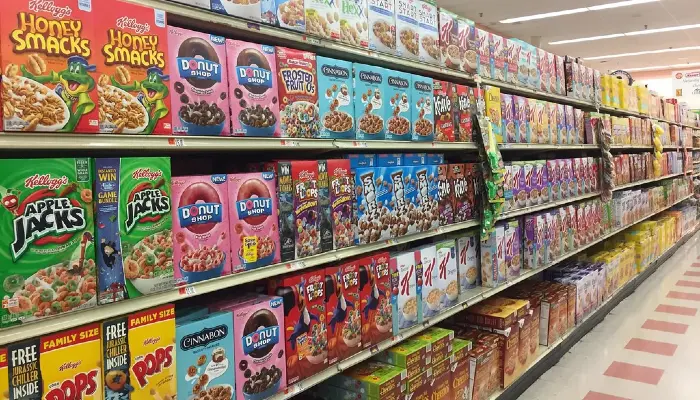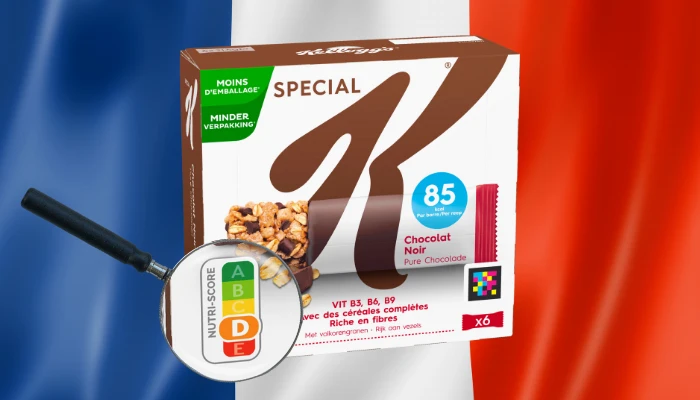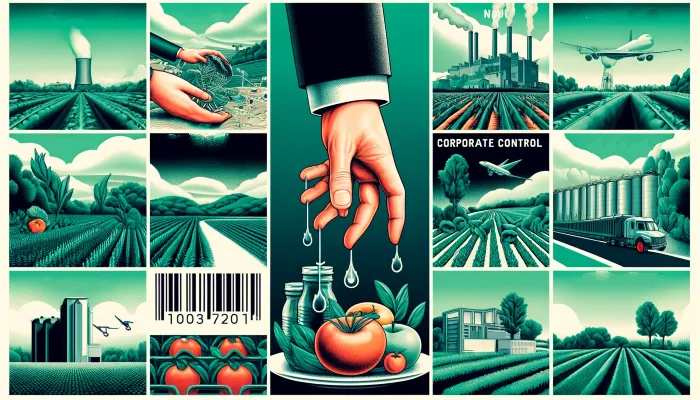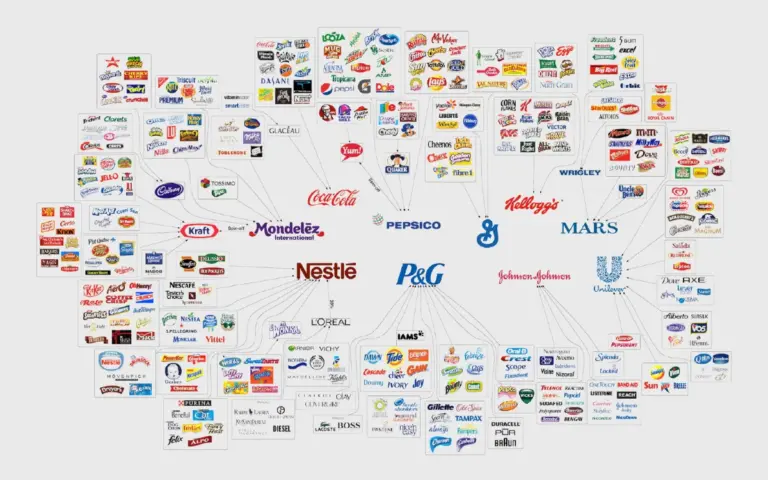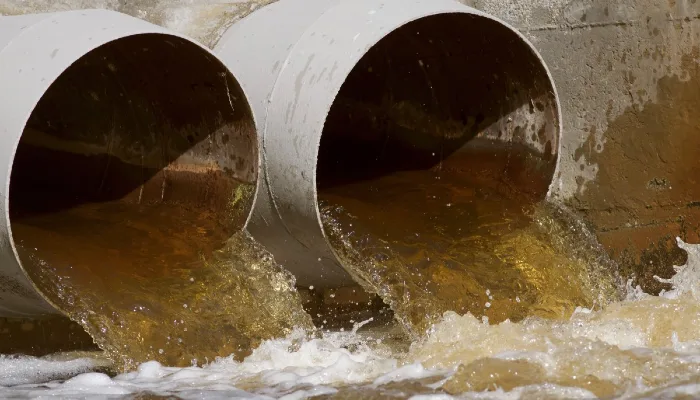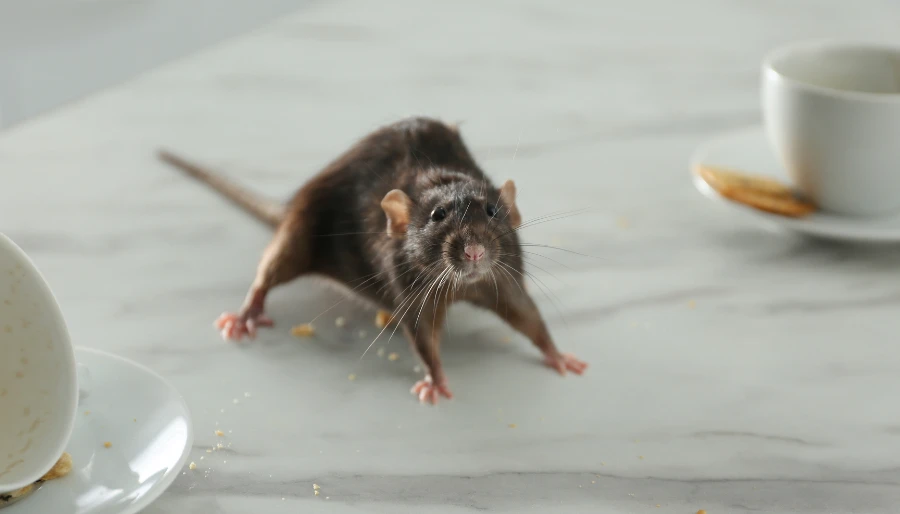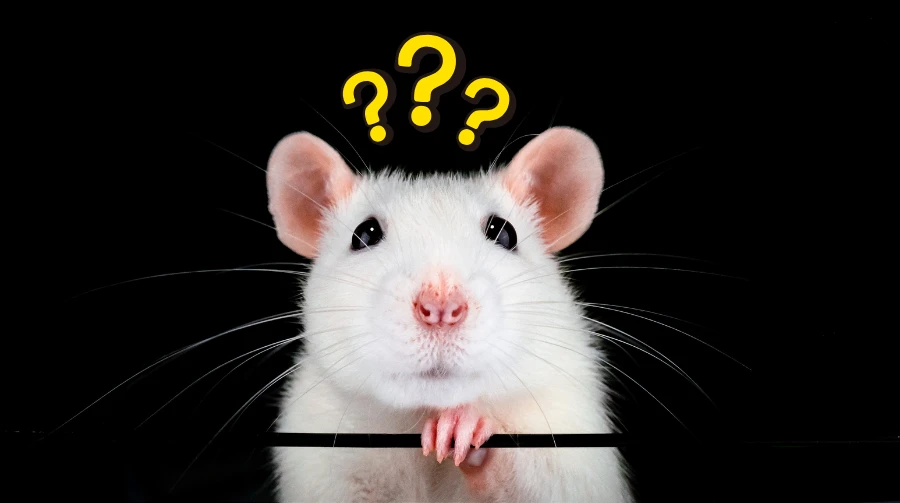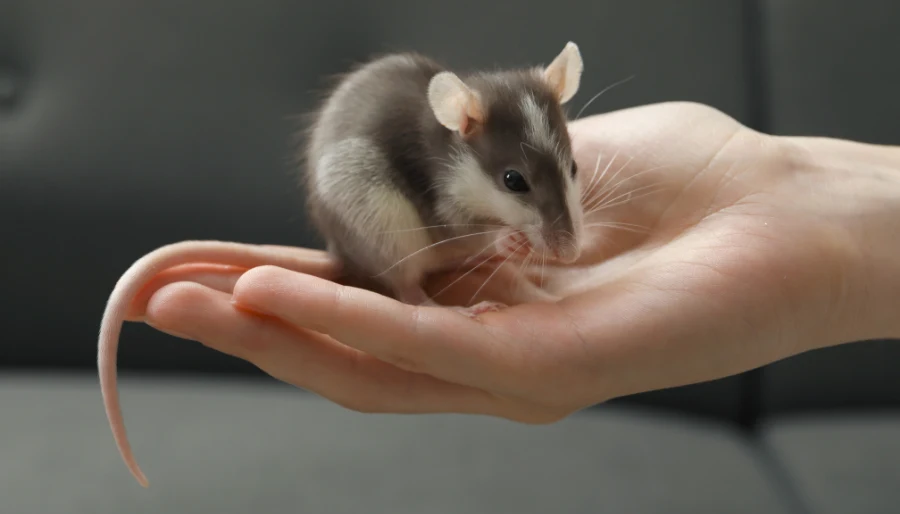Jump straight into the thick of things: our plates are undergoing a revolution, and it’s not just about what’s on them, but what they’re made of. Enter the innovative world of Finnish startup SuperGround, transforming the overlooked and undervalued – animal bones – into the star ingredients of our favorite dishes. This isn’t just a quirky culinary experiment; it’s a bold move to tackle the environmental impact of food waste and animal agriculture. Brace yourself for a culinary journey that’s as much about flavor as it is about the future of our planet.
The Innovative Approach to Sustainable Eating
Picture this: chicken nuggets and fish cakes, staples in many diets, now have a new secret ingredient – bones. SuperGround’s chief inventor, Santtu Vekkeli, reveals that their method of utilizing bones in food has been in the works for nearly a decade. Their breakthrough? A “smooth and tasty paste” made from hard tissues, which is a game-changer for the food industry. It’s all about getting more from less, reducing waste, and minimizing our carbon footprint.
Vekkeli notes, “Hard tissues are great material for food and have approximately the same amount of protein and fat as minced meat.” Their technique is a culinary marvel, allowing up to 30% of a chicken nugget and a whopping 50% of fish products to be made from this nutritious paste, without sacrificing taste or texture.
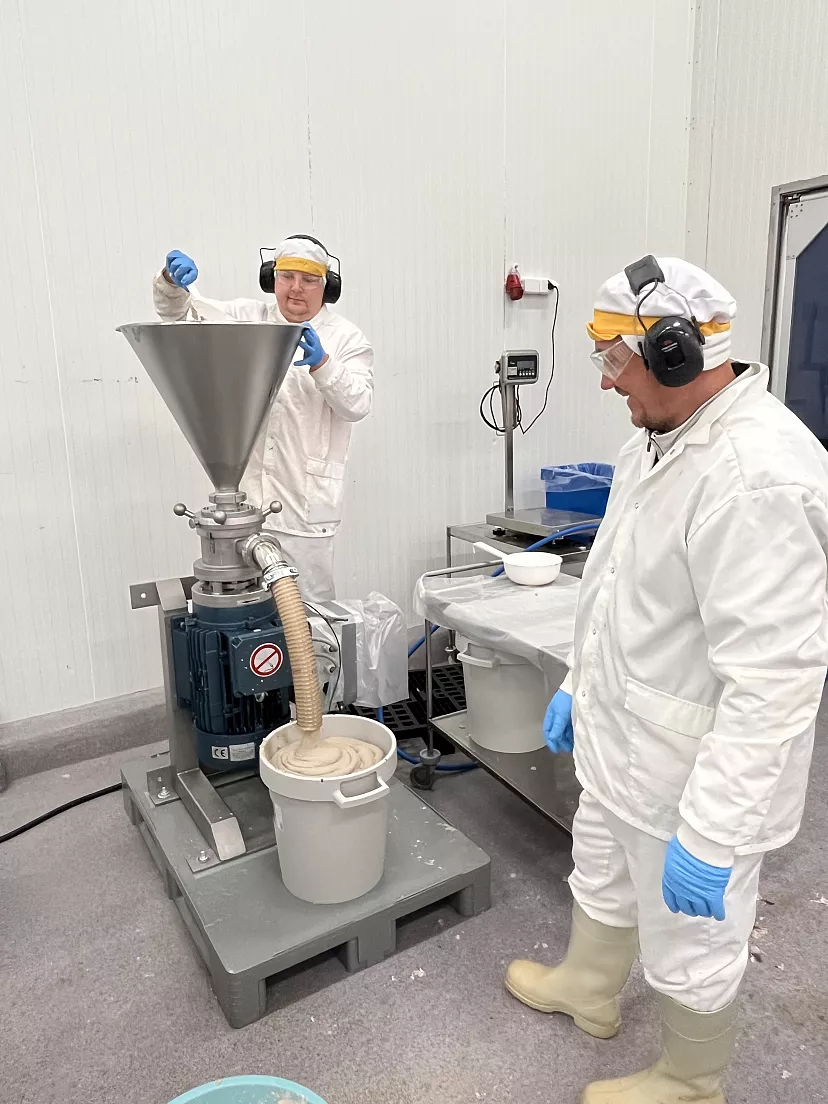
Transforming Waste into Taste
As we dive into our chicken dinners, it’s easy to forget the journey from farm to fork. A staggering amount of poultry meat is consumed yearly, and with it comes a significant amount of waste. Vekkeli points out that around 20% of a chicken’s mass is hard tissue, highlighting the vast potential for repurposing these parts.
Currently, these “off cuts” often end up in landfills or are repurposed less efficiently. Brenna Daun Ellison, an associate professor at Purdue University, remarks on the industry’s efficiency in managing waste, but SuperGround’s method proposes a more direct and impactful way of utilizing these resources.
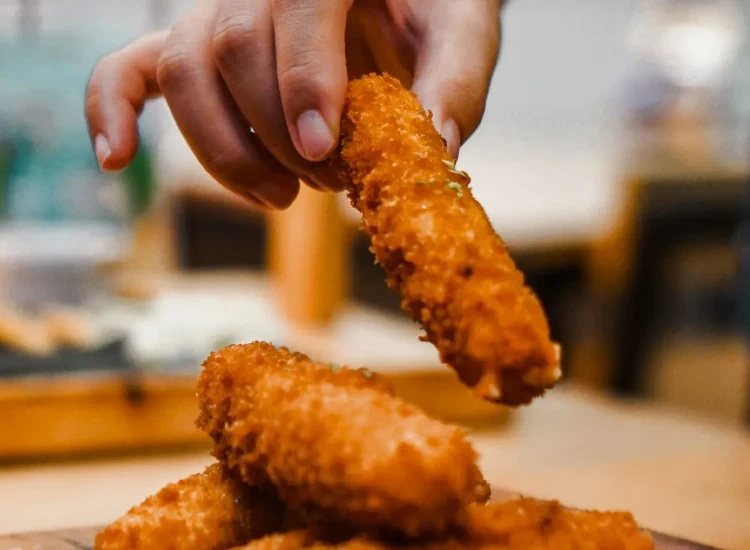
A Step Towards Lower Emissions
SuperGround isn’t just reinventing the chicken nugget; they’re contributing to a critical global conversation about sustainable meat consumption. The food system is a major contributor to greenhouse gas emissions, with animal-based products having a significantly higher impact than plant-based alternatives.
Vekkeli argues for immediate, practical solutions, “People (and the industry) are used to [the current system] and it takes a long time to improve… We need positive changes now.”
This pragmatic approach could be the nudge the industry needs to adopt more sustainable practices without upending current consumer habits.

Redefining Carnivorous Choices
As our culinary landscape expands to include lab-grown meats and insect-based dishes, SuperGround’s bone-infused products fit right in. The key, according to Vekkeli, is in maintaining familiar tastes and textures. It’s about subtle changes, not overhauling favorites.
The potential for widespread adoption is there, with food producers likely to be enticed by the efficiency and cost savings. Programs like the Upcycled Certified Program in the US could play a significant role in normalizing and promoting these sustainable choices.
Tasty Takeaways: A Sustainable Future on Our Plates
More To Discover
- Indonesian Court Just Gave 65,000 Acres of Indigenous Ancestral Forests to a Palm Oil Company
- Turning Insects Into a Sustainable Solution: The Potential of Bioplastics from Flies
- Hot Rocks Could Be the End of Fossil Fuels: Bill Gates Certainly Thinks So
- Greenwash Update: Checking In On Coca-Cola and Starbucks’ Previous Environmental Claims
- SuperGround’s innovative approach to utilizing animal bones could revolutionize our food industry.
- This method offers a sustainable solution to reduce food waste and carbon emissions.
- The challenge lies in maintaining the sensory and nutritional characteristics of familiar foods.
Embracing the Future of Food
As we stand at the crossroads of culinary tradition and innovation, it’s clear that our choices on the plate have far-reaching implications. The question is no longer just about what tastes good, but also about what does good. SuperGround’s pioneering spirit in the realm of sustainable eating is a clarion call for us to rethink our food sources and our impact on the planet. 🌍

